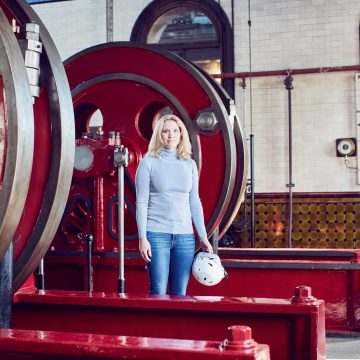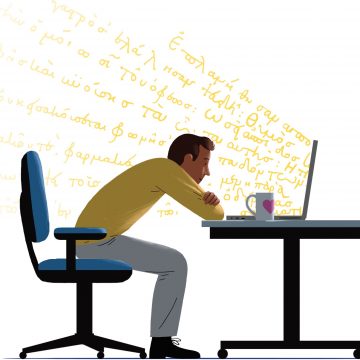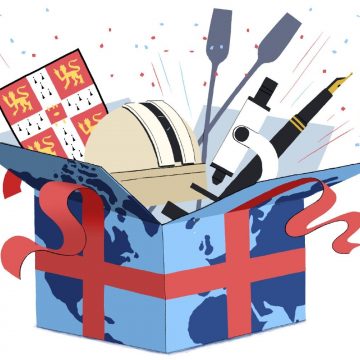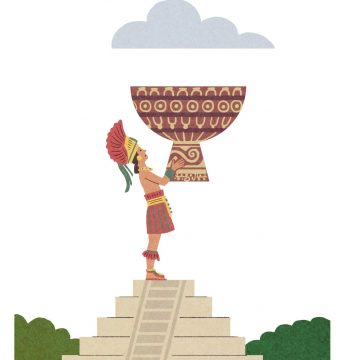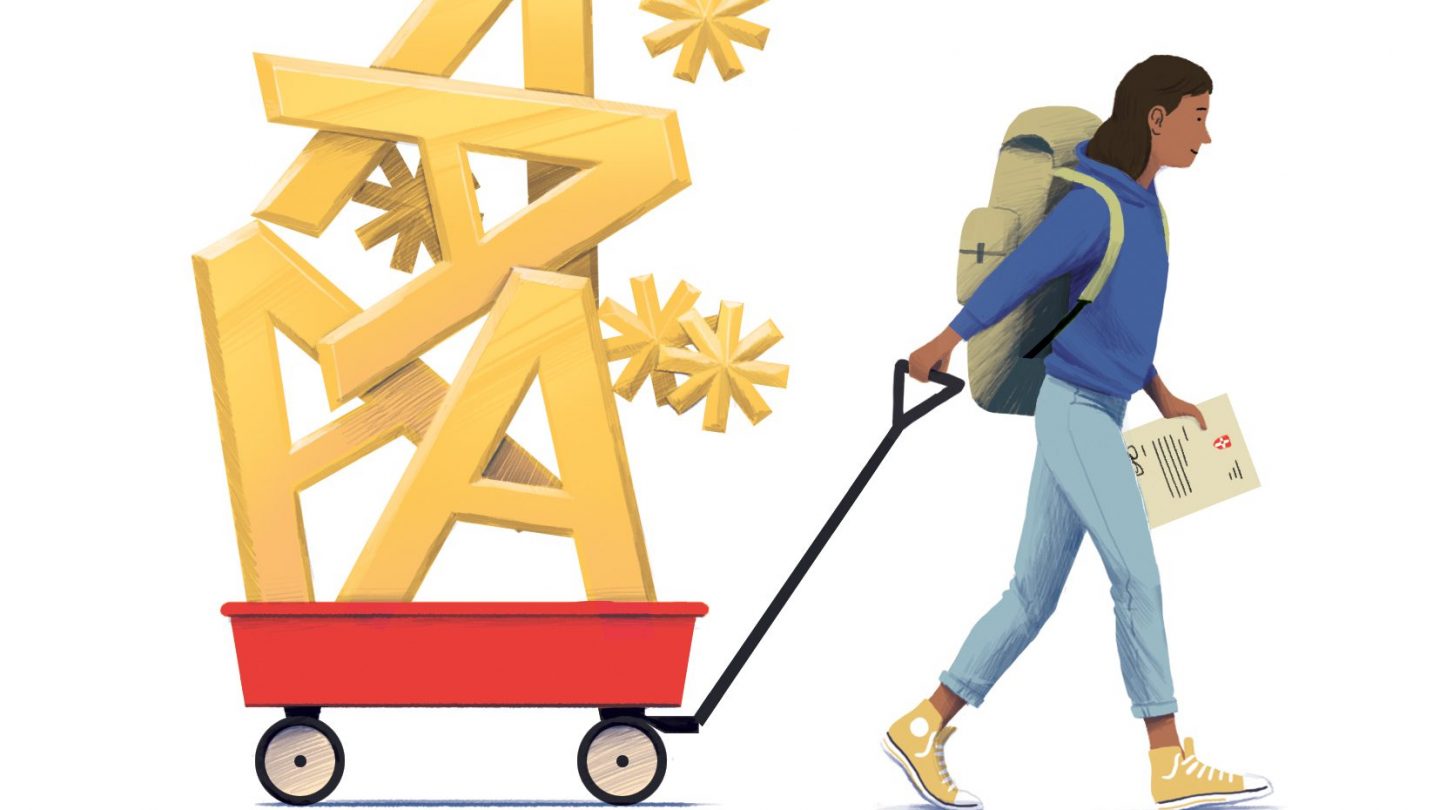
Campendium: Michaelmas Term 2019
Cambridge pioneers recognised
Two eminent Cambridge scientists, Sir Peter Ratcliffe (Caius 1972) and Professor Didier Queloz, have been awarded Nobel prizes.
Sir Peter has been jointly awarded (with William Kaelin Jr and Gregg Semenza) the Nobel prize in physiology or medicine for discoveries of how cells sense and adapt to oxygen availability.
Speaking at the announcement by the Nobel prize committee in Stockholm, Dr Andrew Murray, from the Department of Physiology, Development and Neuroscience, paid tribute to Sir Peter’s work, saying that it paved the way to a greater understanding of common, life-threatening conditions such as heart failure, chronic lung disease and many cancers, and new strategies to treat them.
Professor Queloz, Professor of Physics at the Cavendish Laboratory, Fellow of Trinity, and director of the Cambridge Exoplanet Research Centre, has been jointly awarded the Nobel prize in physics. Professor James Peebles and Professor Michel Mayor were also awarded the prize, given for pioneering advances in physical cosmology, and the discovery of an exoplanet orbiting a solartype star.
“It’s an incredible honour and I’m still trying to digest it,” said Queloz, whose work was featured in CAM 77.
Queloz and Mayor’s discovery of the first exoplant, 51 Pegasi b, “started a revolution in astronomy”, said the Nobel assembly. “Over 4,000 exoplanets have since been found in the Milky Way. Their discoveries have forever changed our conceptions of the world.”
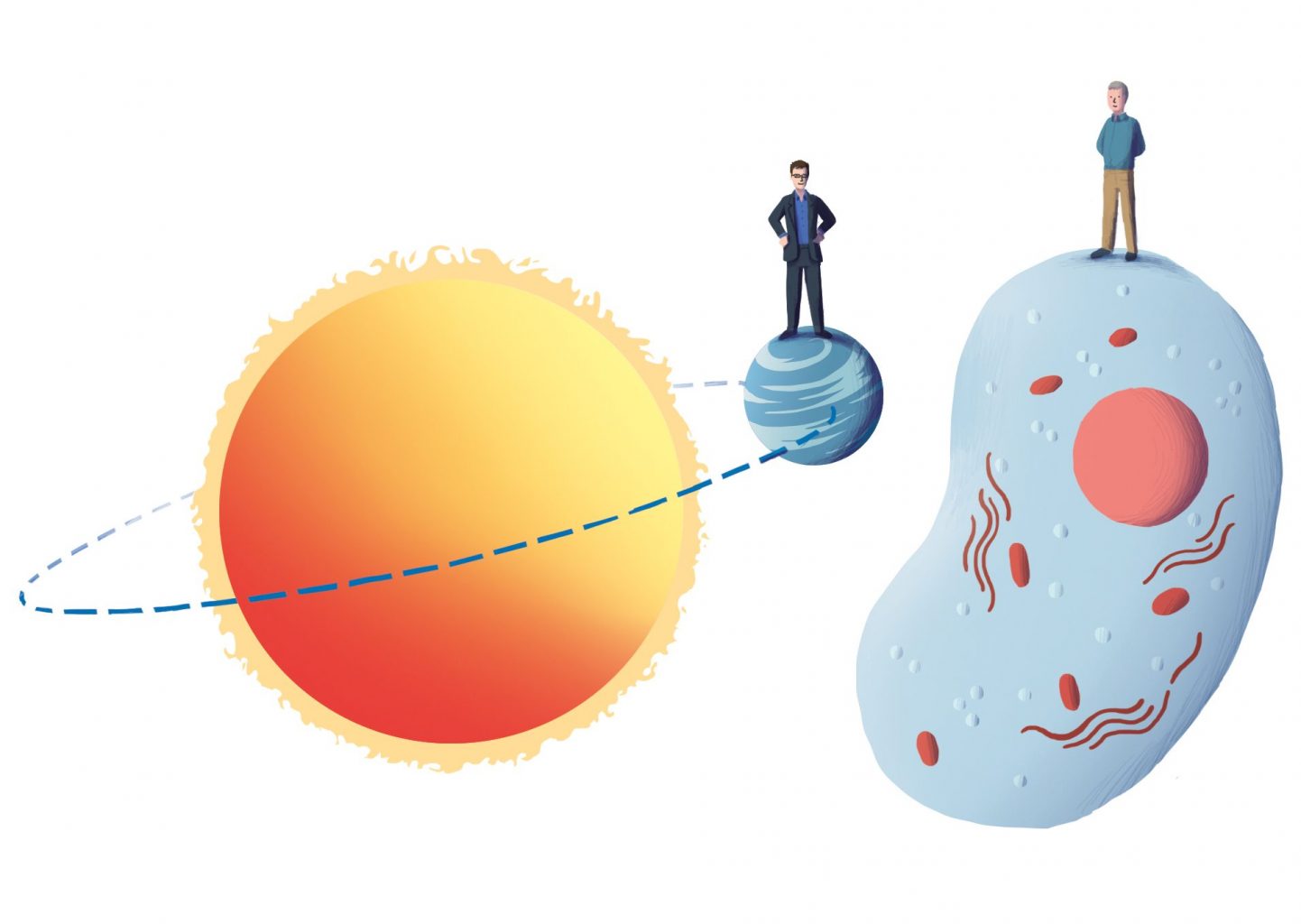
91
The number of black students who won places at Cambridge this academic year, a rise of almost 50 per cent. The ‘Stormzy effect’ could be encouraging more black students to apply, after the award-winning grime artist announced that he would fund tuition fees and living costs for two students a year.
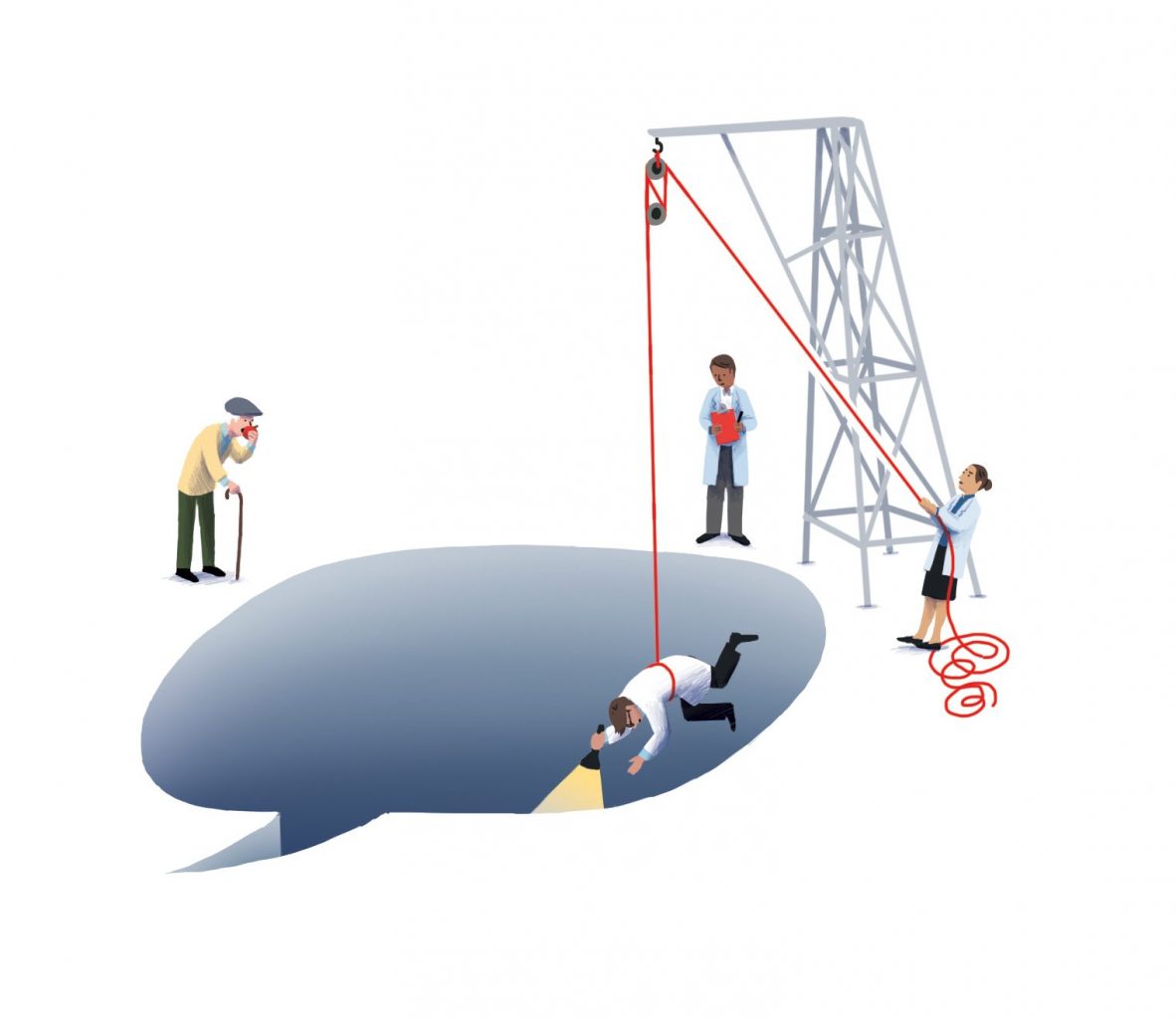
Two-minute Tripos: Mechanisms of real-time speech revealed
The elderly man ate the apple.
What?
I said, the elderly man ate the apple.
Ah! I see. You’re repeating the phrase used by researchers investigating semantic composition at the Centre for Speech, Language and the Brain.
Well, actually, I was …
You know, semantic composition. That’s when your brain combines the meaning of words in a sentence as they are heard, so that they make sense in the context of what has already been said.
Did you not hear me? I said: the elderly man ate the apple!
Ah, but when we hear ‘eat’, the brain is primed to put constraints on how it interprets the next word! We hear ‘eat’ and we think ‘food’!
Seriously. How do you …
They developed computational models of the meanings of words, and tested these directly against real-time brain activity in volunteers. So they watched how the volunteers’ brains responded to ‘the elderly man ate the apple’, tracking the dynamic patterns of information flow between critical language regions in the brain.
So your interpretation of what I’m saying is…
Unique. In fact, Lorraine Tyler, who is the head of the Centre for Speech, Language and the Brain, agrees that it’s about the unique nature of the human brain to put words into context depending on the other words around them. We still don’t understand it fully, which is why we can’t fully replicate it with computers.
Look. This is all very interesting but if you’d paid more attention to the context of my words, that guy wouldn’t have nicked your lunch.
What? Where? No!
I imagine you can catch him if you run. After all, he’s pretty elderly.
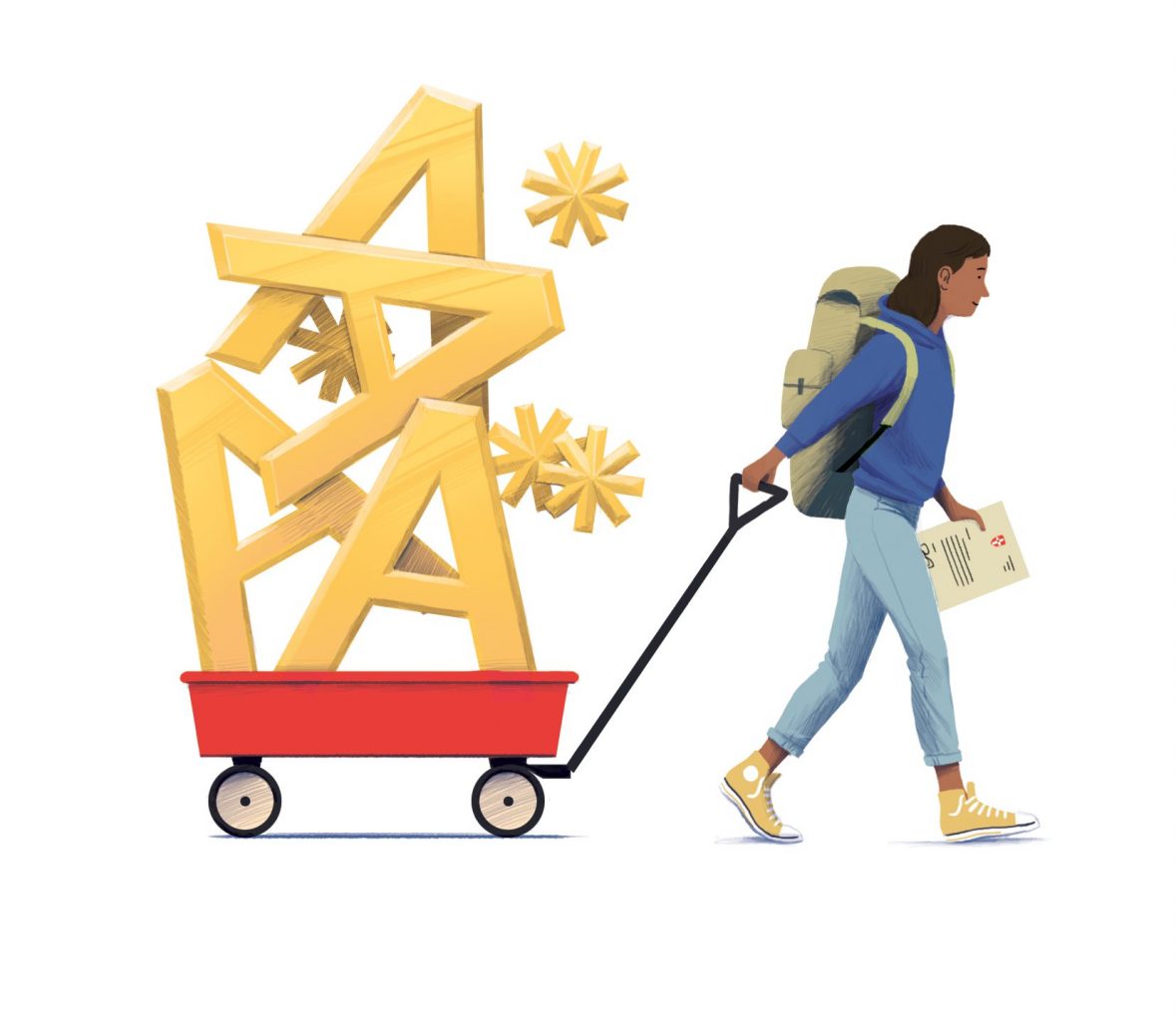
A Cambridge Guide to the Adjustment scheme
Cambridge has welcomed 67 students whose A-level results earned them a place under the Adjustment scheme. It’s the first year that the University has participated in the Ucas Adjustment process, which gives students a chance to reconsider where and what they study at university if they meet and exceed the conditions of a firm offer elsewhere.
Although they narrowly missed out on a place following their original application, the Adjustment applicants were given the chance to reconsider Cambridge if they performed beyond expectations in their exams.
For instance, Zein Al-Hindawi, whose parents fled Saddam Hussein’s regime in Iraq, achieved A* in Biology, Chemistry and Maths, gaining the highest mark in Biology and Chemistry at his school, the London Academy of Excellence.
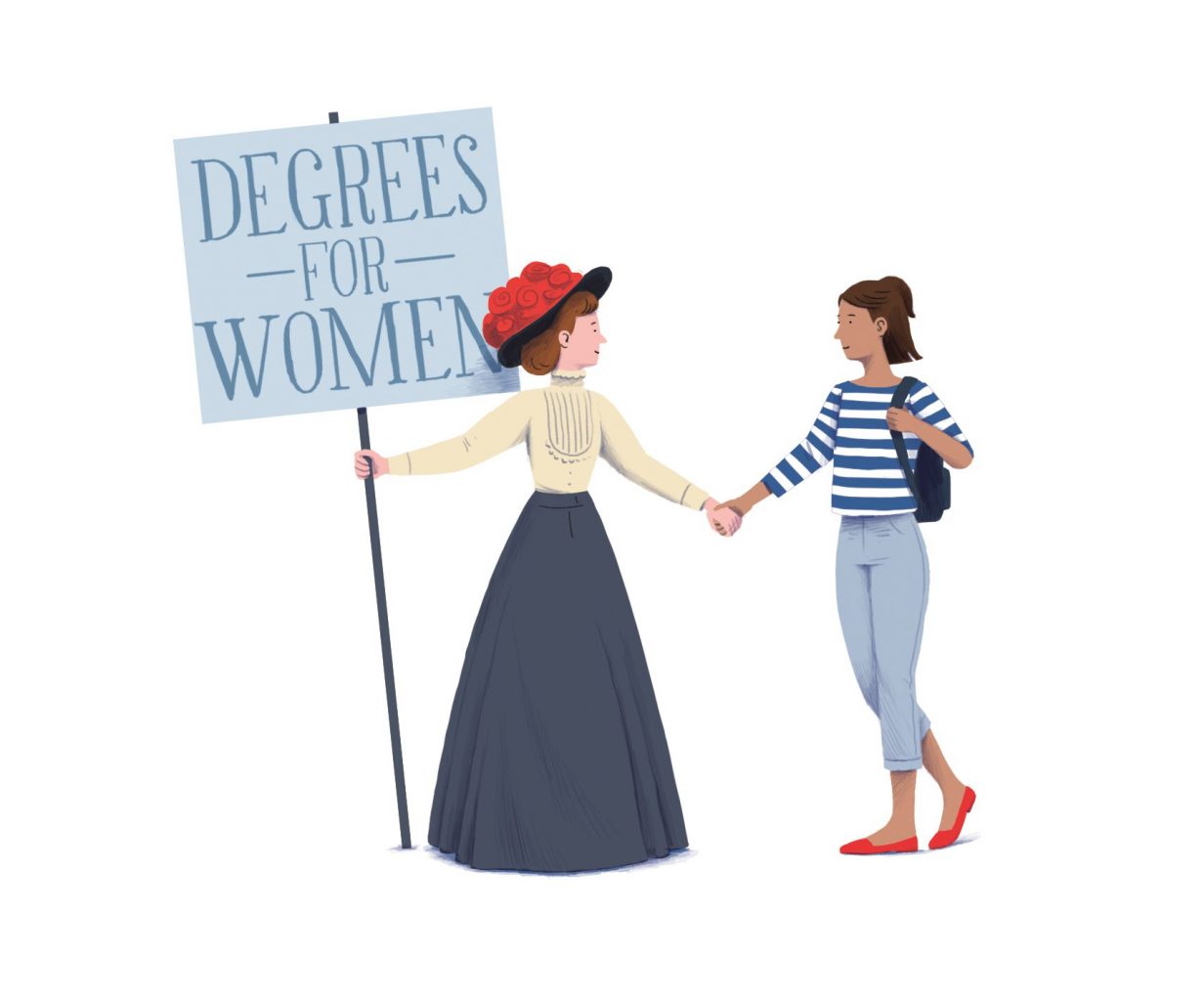
The Rising Tide
A new exhibition at the UL will highlight the experience of women at Cambridge over the past 150 years. The Rising Tide focuses on: the lived experiences of Cambridge women; the ongoing fight for equal rights, recognition and inclusion; and the careers of women who have shaped the institution. The display includes costume, letters, and even fragments of fireworks used to oppose the awarding of degrees to women in 1897.
Vice-Chancellor’s address: Global challenge, global vision
The University must retain its reputation as a global leader in innovation, be more open to talented students from all backgrounds, and address the fundamental issues that face society, the Vice-Chancellor has said.
Professor Stephen J Toope set out a plan of action based on these three overarching objectives in his annual address to the Senate House in October. He highlighted the University’s determination to address barriers to education, widen access and help students make the most of their experience.
Provisional admissions data, Toope pointed out, showed that one in four students will be from under-represented and disadvantaged backgrounds in the 2019-20 intake, while more than two-thirds of UK undergraduates will be from state schools. And the launch of the Harding Challenge, a dedicated fund that makes it possible for the University to do more for undergraduate students in the greatest financial need, will mean donors who give to Cambridge’s Student Support Initiative will see their impact doubled.
Later this term, the University will also formally launch Cambridge Zero – this pioneering initiative will support the global transition to a carbon-neutral future. Under the direction of Dr Emily Shuckburgh, Cambridge Zero will harness the University’s research and teaching capabilities to respond to climate change and support the transition to a zero-carbon future. “When other institutions are perceived to be failing their societies, our University must step up,” he said. “It is our duty as a public institution.”
Boat race
Last year saw the Light Blues men’s rowers claim their third win in four years, while the women’s team triumphed for the third year in a row. Will they maintain their winning streaks? Find out on Sunday 29 March 2020, the date for next year’s race.
Christmas Merchandise
Like your membership of the Cambridge community, our alumni keepsakes last a lifetime. Onoto have an exclusive range of fountain, rollerball and fineline pens that can be tailored to suit your style of writing. Wear personalised Cambridge jewellery – handmade and produced using sustainable materials – with pride, or a Cambridge Belmont Watch, exclusive to alumni. Or sling a Light Blue satchel across your shoulder or wrap up warm with a Cambridge alumni scarf from Ryder & Amies. There are many other mementos available to celebrate your connection to Cambridge. Visit our website for a full list.

